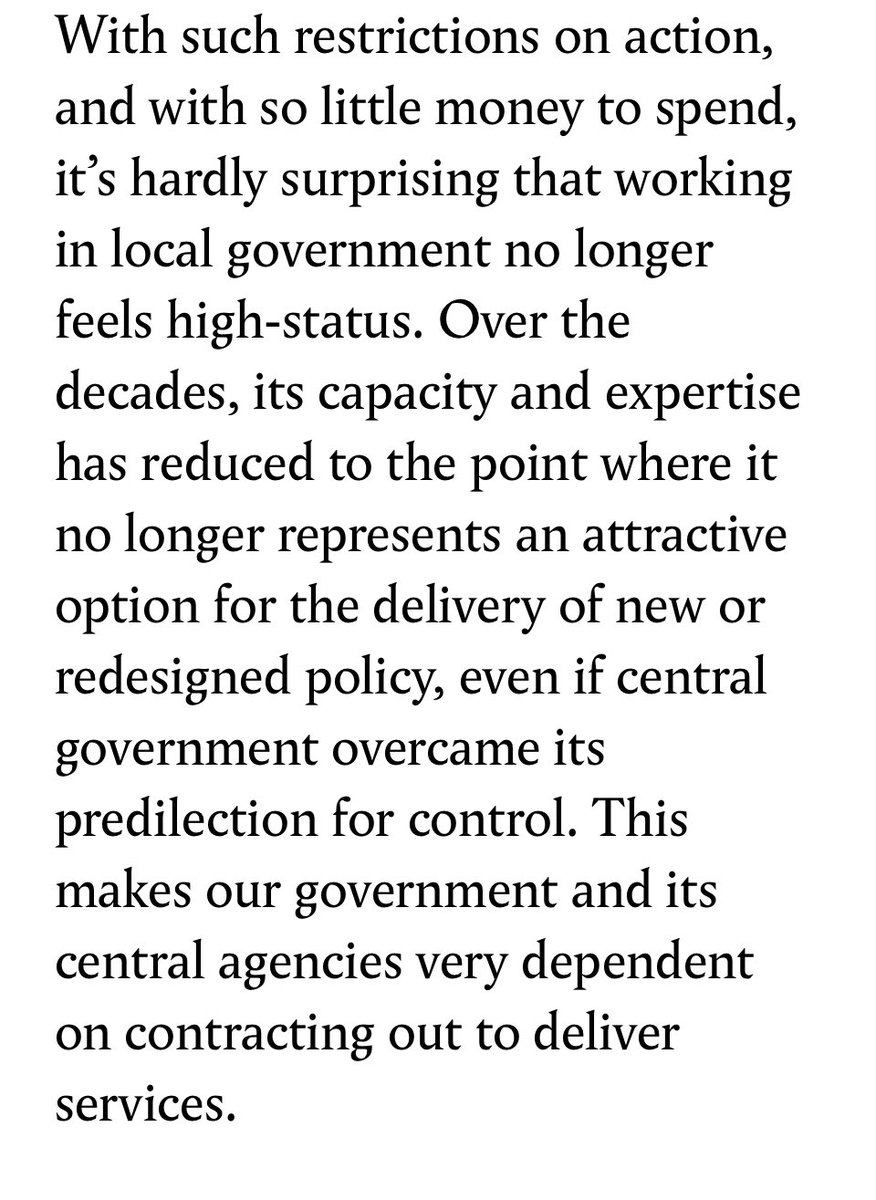
On the day on which the current government’s Bill on judicial review comes out, this is a really important article by Paul Craig on why there is no foundation for its claims, backed by its outriders in the Judicial Power Project, about “judicial overreach”.
https://twitter.com/JoePTomlinson/status/1417225538654064640
As it may be TLDR I will try to pull out the key points.
The JPP’s speciality is to produce short and misleading summaries of so-called problematic cases. But in looking at these, you need a sense of scale. There are ‘000s of JR cases over decades. What does a list of ~50 selected cases tell you, when you stand back?
In particular, note that in the last 7 years, only 14 statutory instruments (out of ‘000s) have been struck down by the courts: almost all such claims fail (despite the absence of any real parliamentary scrutiny for almost all SIs).
The JPP and the current government make no attempt at any quantitative analysis: but if you claim that judicial overreach is a significant problem, that is a quantitative claim that demands quantitative analysis. Ducking that challenge is intellectual skulduggery.
The focus on a few exceptional cases where quashing statutory instruments has caused real problems diverts attention from the fact that in almost all cases where an unlawful decision has been taken by the executive (eg to deprive people of benefits to which they were entitled) …
… the right thing to do is to quash it and ensure that they get their benefits - not to allow the government to carry on applying the unlawful decision (eg to withhold their benefits) until it can change the law.
And NB too that claims that in a particular case the court “crossed the line between judicial review and merits review” are worthless without a detailed scrutiny of the case.
In reading over-excited accounts of a few cases remember that “The reality is that a very great majority of judicial review cases are decided on process grounds, or on technical issues of statutory interpretation…
… and entail individual contestation as to the application of policy, not challenge to the policy itself.
This matters a great deal. It is impossible to form an accurate picture of judicial review by ignoring what is statistically the largest share of the case law”.
It is important to remember the dangers of judicial *underreach*. Agencies not fulfilling the tasks given them by Parliament, or behaving unreasonably or unfairly: poor administration. Bad decisions.
As to the claim that the courts are misusing the “augmented” principle of legality (the Simms case) to overreach - just look at the numbers. “The casual observer might well wryly conclude that if the courts were intent on judicial overreach they were not very good at it.” 

“It is important that reform be driven by evidence, not by supposition or allegation. There will always be controversial cases in any legal system. We should be mindful of instances where courts might have gone too far. This does not betoken systemic judicial overreach …
… If it is felt that [systematic overreach] exists in relation to UK courts then the evidence must be duly furnished … I do not believe that the numbers support any such allegation, nor have I seen anything that approximates to sound evidence to support such a conclusion.
If you believe to the contrary then put the evidence on the table and we can consider it. If you do not, or cannot do so, then you need to stop pretending that the infirmity exists.”
• • •
Missing some Tweet in this thread? You can try to
force a refresh















